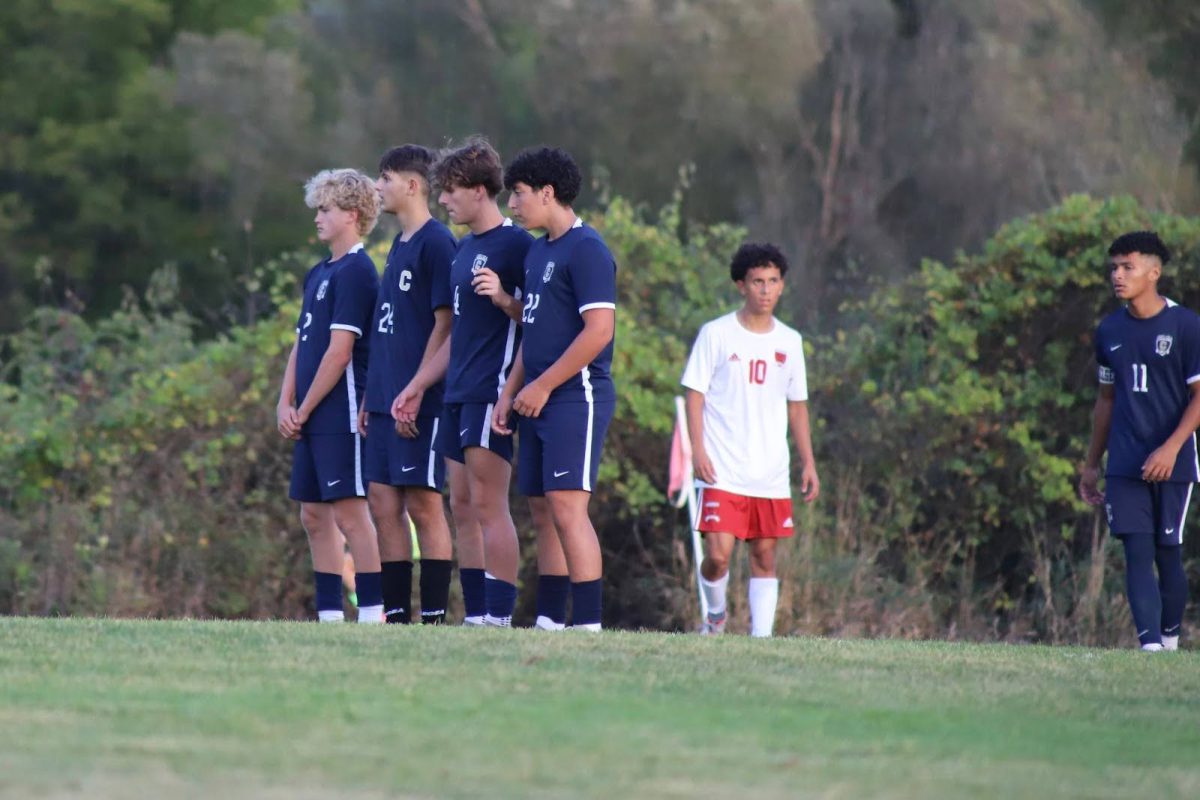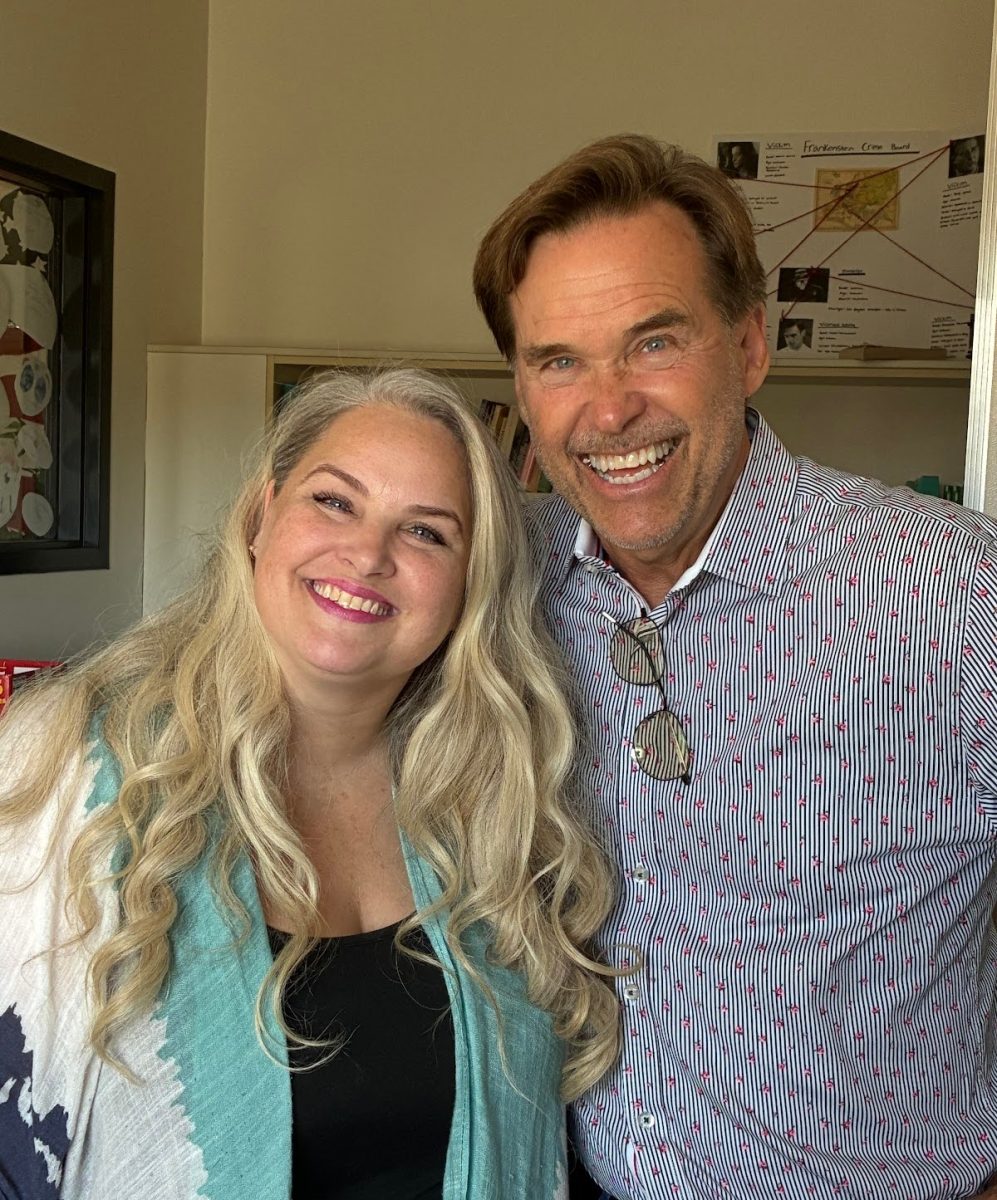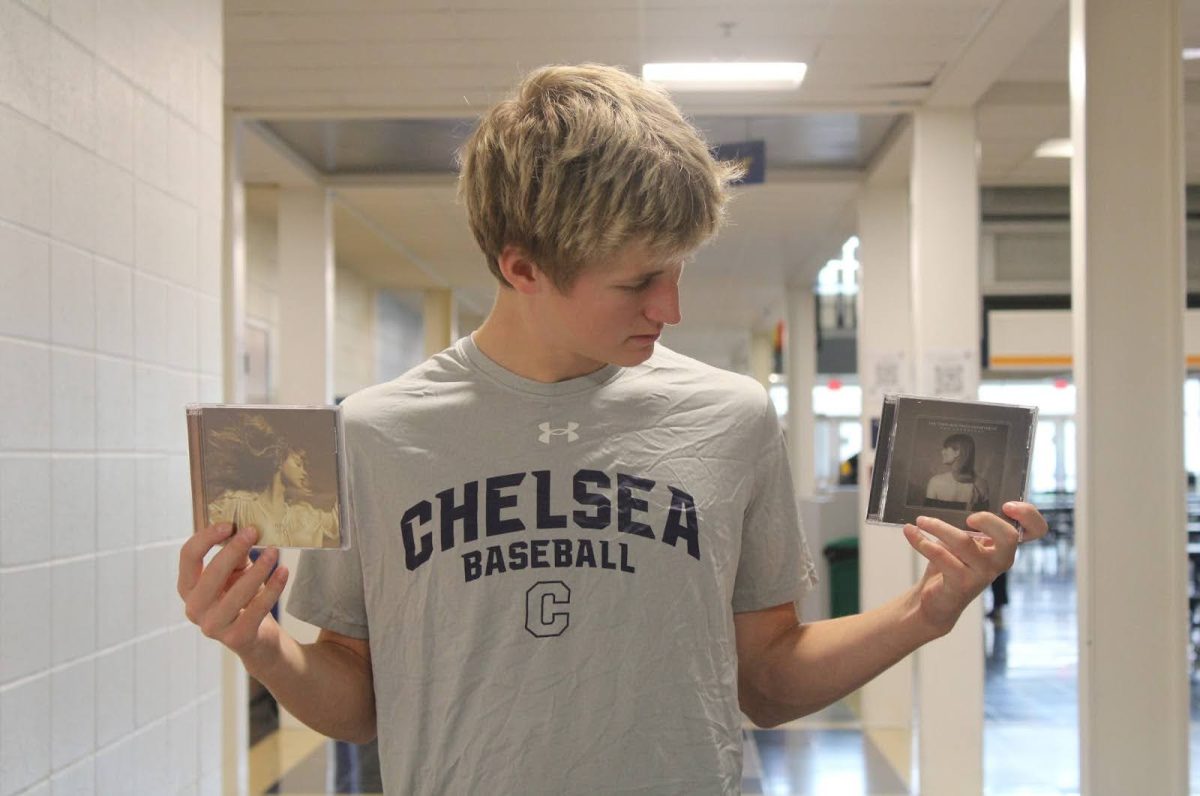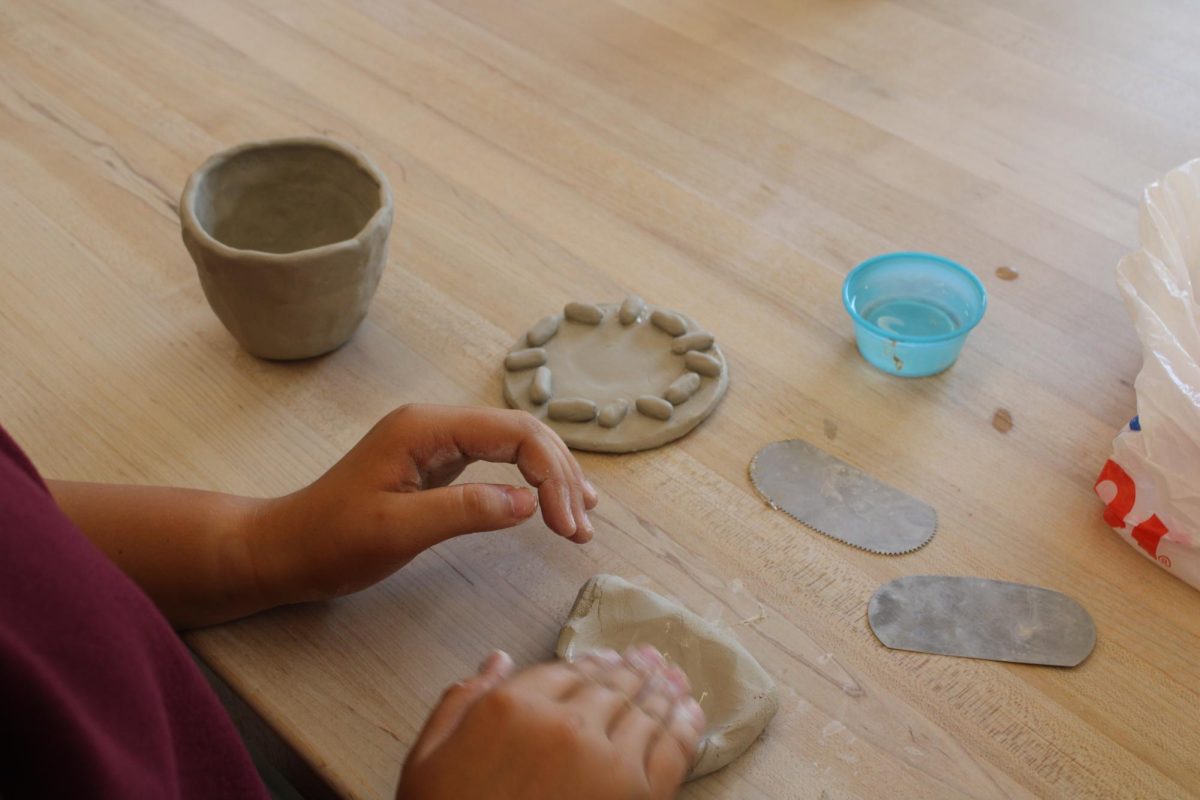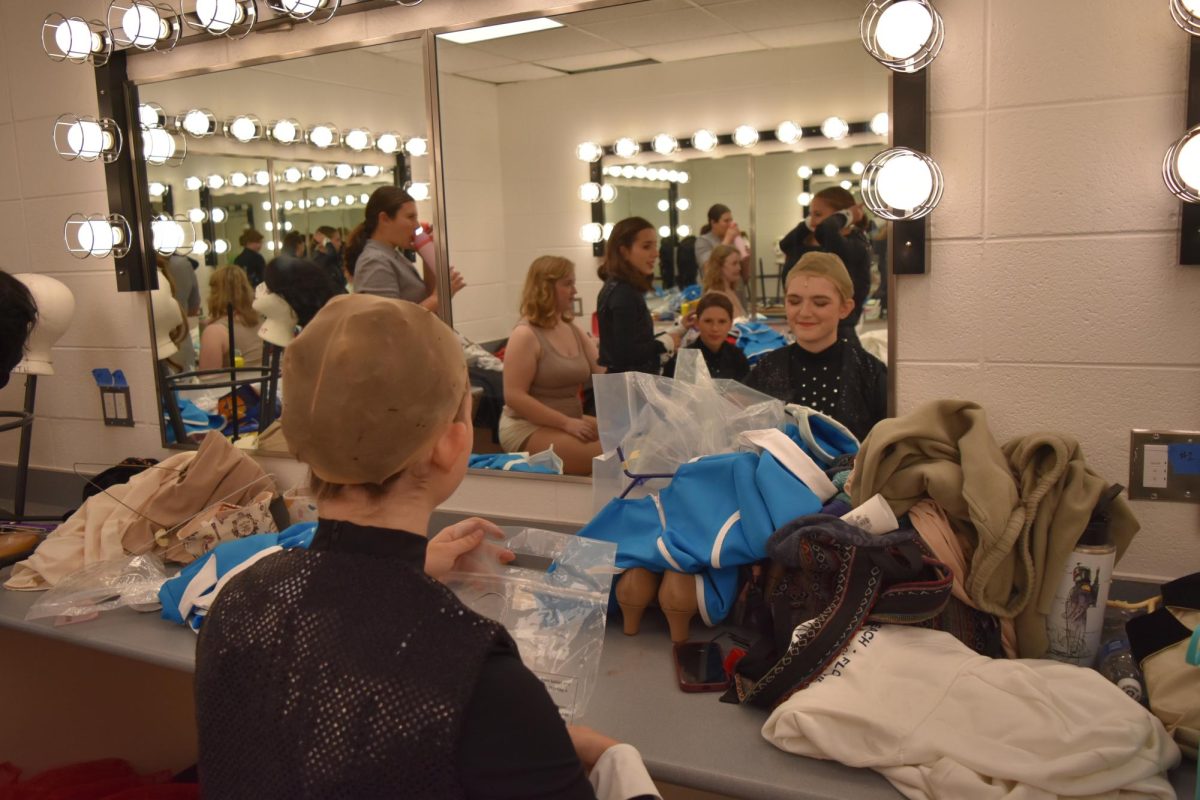From dawn to dusk, students bounce from clubs to classes to sports, sometimes dedicating their entire day to running around from one activity to the next. For many, pure enjoyment takes the backseat when it comes to juggling their time. Instead, the looming threat of college applications takes focus. After all, it can feel like these few, short years will make or break the rest of your life.
Increasingly, there seems to be a focus on just how much you can do at once before you crack. A long list of honors and AP classes, a job, and extracurriculars galore isn’t just normal; it’s almost expected.
“I think a lot of people can get a 4.0, so it's more what are you doing beyond that 4.0 to prove you should be here,” Emily Schaefer (‘27) said.
There’s a seemingly endless stream of expectation weighing on students, but for some, a majority of this weight comes from themselves more than anything else.
“It's scary because I need to be an academic weapon, and I need to go to a good college, and I need to do all of this stuff, right?” Grace Krugh (‘27) said. “It's a lot of pressure that I honestly just put on myself.”
The core of this self-imposed pressure is, above all, fear. You have no clue what truly happens when someone reads your transcript or application. It’s out of your hands as soon as you hit that submit button, and when something you’ve been working on for four years of your life is no longer in your control, it’s terrifying.
“One acceptance or denial could really just flip the switch, which is kind of scary because I just feel like I don't have as much control over it as I'd like to have, you know?” Schaefer said.
The fear isn’t just whether or not you’ll get into your school of choice. Rather, it's the culmination of the existential dread about the trajectory of your entire life from the moment you step foot in high school onwards.
“If you do good in high school, you get into a good college. You do good in college, you get a good job. It's the gateway to the rest of your life, I feel like, and it's very overwhelming for me, and it's very scary,” Krugh said.
Life’s unpredictability doesn’t work well in the college system, especially not when coupled with high school perfectionism and anxiety. To regain a sense of control and security, students often turn school into a competition of comparison.
“I have a chance to get into a good school, but it's like, is there going to be a better candidate?” Schaefer said. “You just never know who else is applying.”
High school also tends to move fast. There’s rarely time to stop and reflect, caught up in everything you should be doing, whilst being overwhelmed with everything that’s already on your plate.
“I’m just always worried I'm not doing enough,” Krugh said. “[When] I'm in the school year, I physically cannot do more. But everybody else is doing more than me. That's how it feels.”
Often, this battle to be the best leads to students filling their transcripts with activities they care very little about for the sake of looking good to colleges.
“Well, not purely for college, but a lot of it is for college,” Krugh said. “ I like doing my clubs. But also, in the back of my mind, I was like, this would just look so good on college apps.”
It’s not only students who notice the competitiveness and lack of passion that seems endemic to highschoolers, but teachers too.
“I think that students are worried but they're worried about the wrong things,” French teacher and National Honor Society leader Katharine Beck said. “They're worried about having a laundry list of activities that they can include in their application, and I think that stresses students out.”
While competition and stress is certainly not a new phenomenon among high school students, its prevalence has seemed to increase notably in recent years.
“I don't think that it’s new, but I think those were moments in time, like when the scores came out, I felt that competition,” social studies teacher Laura Woodruff said. “Now I think it's a little more of feeling it all the time. ‘I have to do all these things to compete with somebody. It's not just my test score or my college admission, it's how many clubs am I in, how many APs am I in.’ It's just constant.”
Throughout the torrential sea of stress, most students don’t seem to realize how high school success is just a blip on the map in the grand scheme of things.
“Think of someone that you know who is a well adjusted adult,” Beck said. “They probably didn't go to Stanford, they probably didn't go to Yale, they're doing just fine. I also know that being close to two decades out of that process, I have the perspective to say, like, ‘I was stressed for no reason. I should not have been worried. Everything will work out.’”


